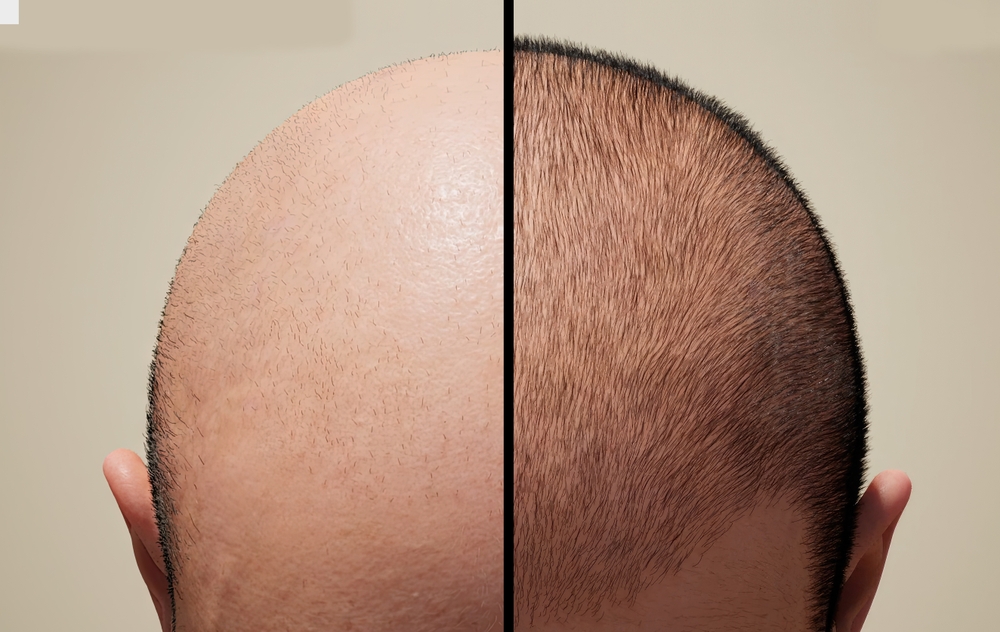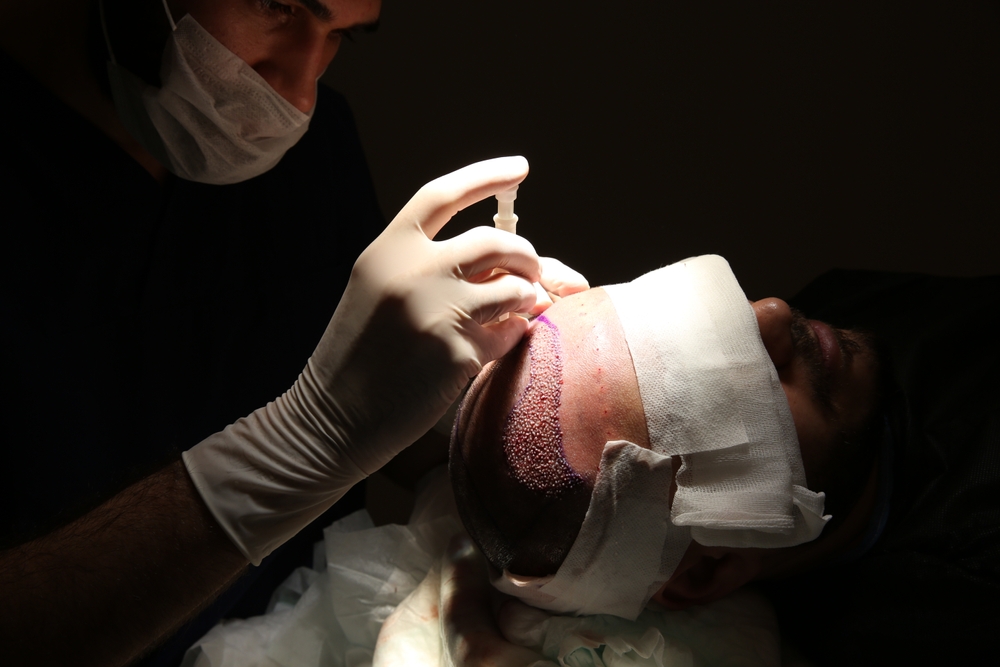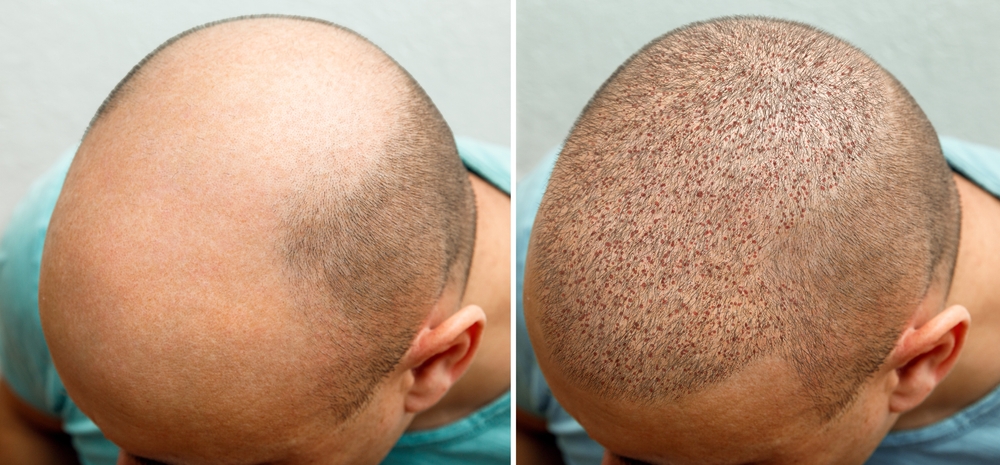The suitability for a hair transplant procedure depends on several factors, and the extent of baldness is just one of them.
While there is no specific point at which someone is considered “too bald” for a hair transplant, consider the following factors…
- Donor Hair Availability: –Hair transplant procedures typically involve taking hair follicles from a donor area (usually the back or sides of the scalp) and transplanting them to the recipient area (bald or thinning areas). The availability of sufficient donor hair is crucial. If there is not enough donor hair to cover the recipient area adequately, a hair transplant may not be a suitable option.
- Norwood Scale – The Norwood scale is a classification system used to assess the stage and severity of male pattern baldness. Hair transplant candidates are often evaluated based on their Norwood scale stage to determine the feasibility of the procedure. The results are usually better if your hair loss is in the early to moderate stages.
- Expectations – Have realistic expectations about the results of a hair transplant. The procedure can improve hair density in the recipient area, but it may not fully restore a completely bald scalp to its original state. The extent of improvement can vary from person to person.
- Consultation with a Hair Transplant Specialist – The best way to determine if you are a suitable candidate for a hair transplant is to consult with a qualified hair transplant specialist or surgeon. They will assess your case, including your degree of baldness, donor hair availability, and other factors, to provide personalized recommendations.
- Alternative Treatments – If you are deemed not suitable for a hair transplant due to extensive baldness or other factors, there are alternative treatments and options to consider, such as scalp micro pigmentation, hair systems, and medications like finasteride or minoxidil.
There is no fixed threshold for how bald is “too bald” for a hair transplant. It depends on various factors, including the individual’s specific situation, donor hair availability, and expectations. Consultation with a hair transplant specialist is essential to determine if a hair transplant is a viable option for you and to discuss other potential treatments or alternatives.





